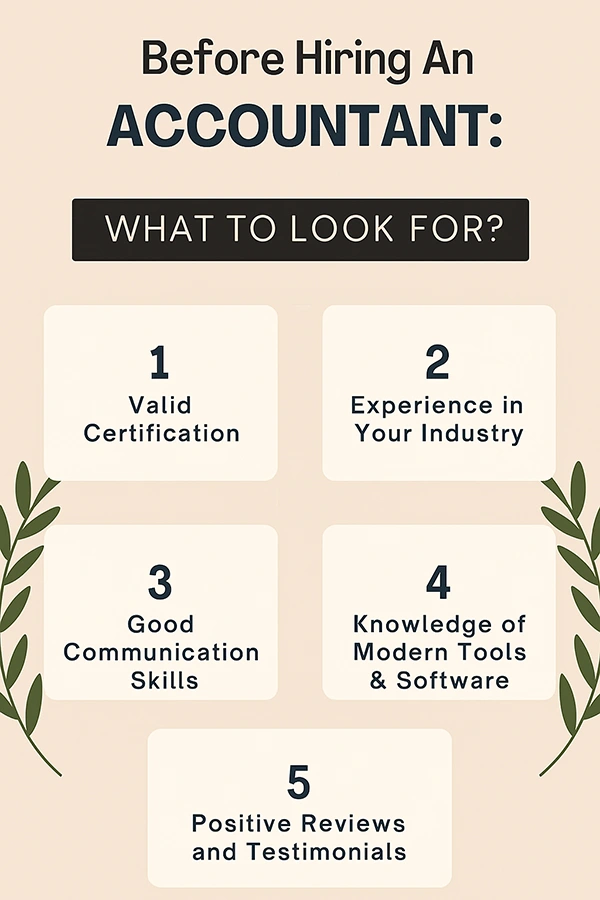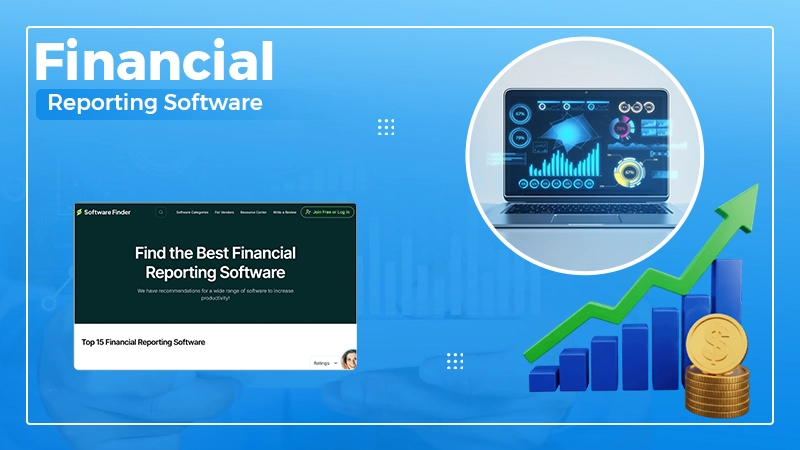There are many common mistakes, but the biggest one is not having a budget and a plan on how to use the existing one or gather more.
KEY TAKEAWAYS
- Separating business funds helps keep a better track of the finances.
- Accountants can help you save money with data-driven insights.
- Businesses can fall behind on bills and other such things if they don’t pay attention to the cash flow.
- Overspending and underspending both can impact your business negatively.
A report has shown that over, 595K businesses close every year. This shows how hard it is to manage it and how competitive the market is.
If you own a small business or have recently launched a startup, you can afford to make mistakes, as they can be very fatal, and you’ll have to shut it down within the first year. So, what can you do, and what things do you need to avoid?
In this article, I’ll be mentioning the worst financial mistakes nearly every small business makes. Let’s get started.
Mixing Personal and Business Funds
Sometimes, it seems easier and less labor-intensive to funnel all of your business earnings into your account. It’s your business, you can do anything, but separating your business funds is a bold move. It helps keep a better track of them and manage the cash flow.
If a bill for your business is due soon, it can be challenging to determine when you have the funds to pay it, especially when your business expenses are combined with your finances. Not to mention, if your funds get merged with the business one, you won’t be able to pay your home mortgage or other personal bills.
Using the same bank account for both individual and business expenses can make it difficult, not only for you, but also for your accountant. They won’t be able to keep track of the book, which will only cost you.
Open separate bank accounts for your business. If you use credit, take out a business credit card. As long as you treat your brand as a distinct entity, you’ll be able to manage it more effectively.
Hiring an Accountant Too Late
Accountants are always useful to businesses. They will help you save money through tax deductions, avoiding tax fees, better cash flow management, and more. Accountants are professionals who can help you make smart financial decisions that will work in the favor of your business.
While many might think they won’t be able to pay the accountant, you don’t have to worry, as they can pay themselves in the long run with the tax savings. When you hire one too late, you could be subject to audits, and may have already spent thousands in extra tax dollars when you didn’t take advantage of appropriate deductions or credits.
However, you have to hire someone experienced and qualified. Make sure to check the good reviews, credible certificates, and a good reputation in the industry. A good accountant will come prepared with the proper tax forms, as well as the necessary tax and accounting supplies that help you get through tax season quickly.
Below, you can see what things are that you need to look for in an accountant.

Poor Budgeting or Cash Flow Management
It can be exciting to earn money from your business. Every customer purchase or service booked can seem like a win, especially when you’re first starting. Making a profit has nothing to do with earning revenue; they are both different.
You’ll have to funnel a lot of your earnings back into your business through bills, payroll, and other overhead costs. You’ll have to put back your earnings into your business with bills, payroll, and other costs.
Budget your profits and expenses properly. A professional accountant can help you do this. Use a budgeting software to keep track of when payroll and other bills are owed.
Ignoring the Self-Employment Tax
If you’re a first-time business owner, you may be surprised to learn that you’ll need to pay more taxes than an employee would. When you are employed by another company, they would also contribute to the taxes that you owe.
You don’t get that advantage when you have your own business, and this is why you have to pay your Medicare and Social Security taxes in full. When tax due dates roll around, many first-time business owners are surprised to find out they owe much more than they thought.
Don’t forget about the self-employment tax; set enough profits aside to ensure you don’t owe a larger tax bill than you planned for. Make quarterly tax payments, so things get paid, and no penalties take place.
Overspending and Underspending
It’s challenging to determine when to allocate or conserve business profits, even with a budget in place. You’ll think it’s better to invest in a marketing plan or save for emergencies, but making this decision is not easy.
Both overspending and underspending plague businesses in many circumstances. It’s easy to pay way too much for high-end branding tools or hire too much staff. You can get anxious while making an investment in the necessary funds to achieve steady growth.
Any of these mistakes threatens your business success. It’s easier when you create specific business goals, hire financial advisors, and create a smart budget that works well with both your needs and wants.
Skipping Financial Reports
Financial data is the key to keeping your business moving forward, not getting in debt or limiting growth. Profit and loss statements, tax returns, and cash flow statements all help you make informed decisions about where your business finances should be going.
If you ignore these reports, you’ll put a lot of guesswork into your finances, which can harm your business or even lead to its closure. Sit with your accountant and go through all the financial reports. You’ll be able to know where to invest more money and when to cut back on spending when you’ve got data on your side.
No Future proofing
If you’re handling your business’s finances on a day-to-day or month-to-month basis, it will be difficult to grow or establish long-term success. Your goal shouldn’t be to make a revenue only to pay off the bills. It should be more focused on achieving personal and professional goals.
Consult with your accountant and set clear goals for both long and short-term. You’ll be able to create a financial roadmap that doesn’t just keep you afloat for now, but for generations to come.
Conclusion
Owning and managing a business is not easy and can be very stressful when it comes to finances. Without a strong mindset and strategy, you won’t be able to survive it. You can make a lot of mistakes when you don’t hire an accountant or create a proper budget. Ensure you’re investing in your business in the right amount; too much can tie up your revenue, while too little can hinder growth.
Pay attention to tax laws, financial statements, and due dates for the most optimal financial plan. Preparing for self-employment taxes and using your accountant to maximize deductions can save you a lot of money. It’s not like you will dodge mistakes altogether, but you will learn how to adapt and overcome them.





